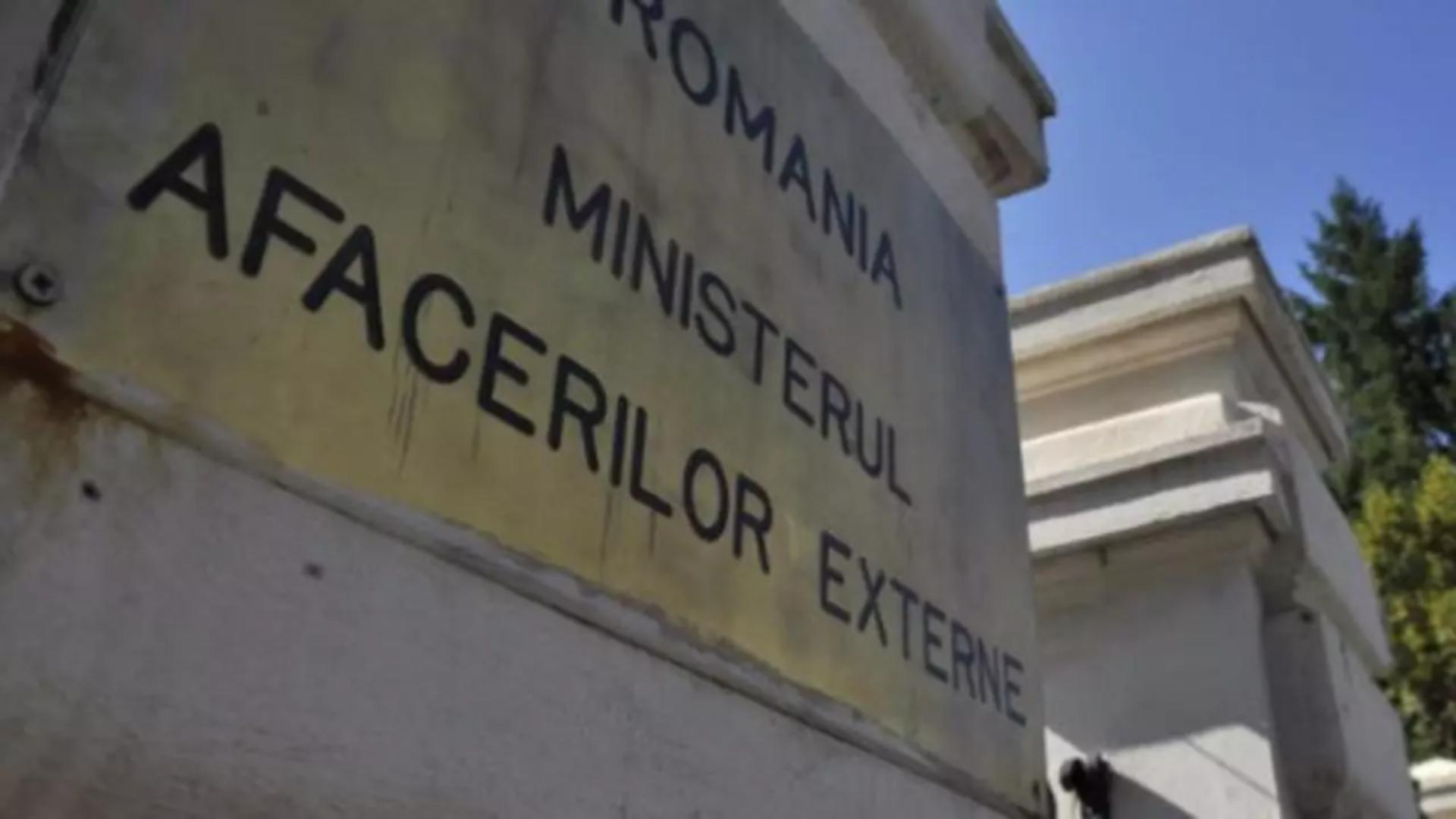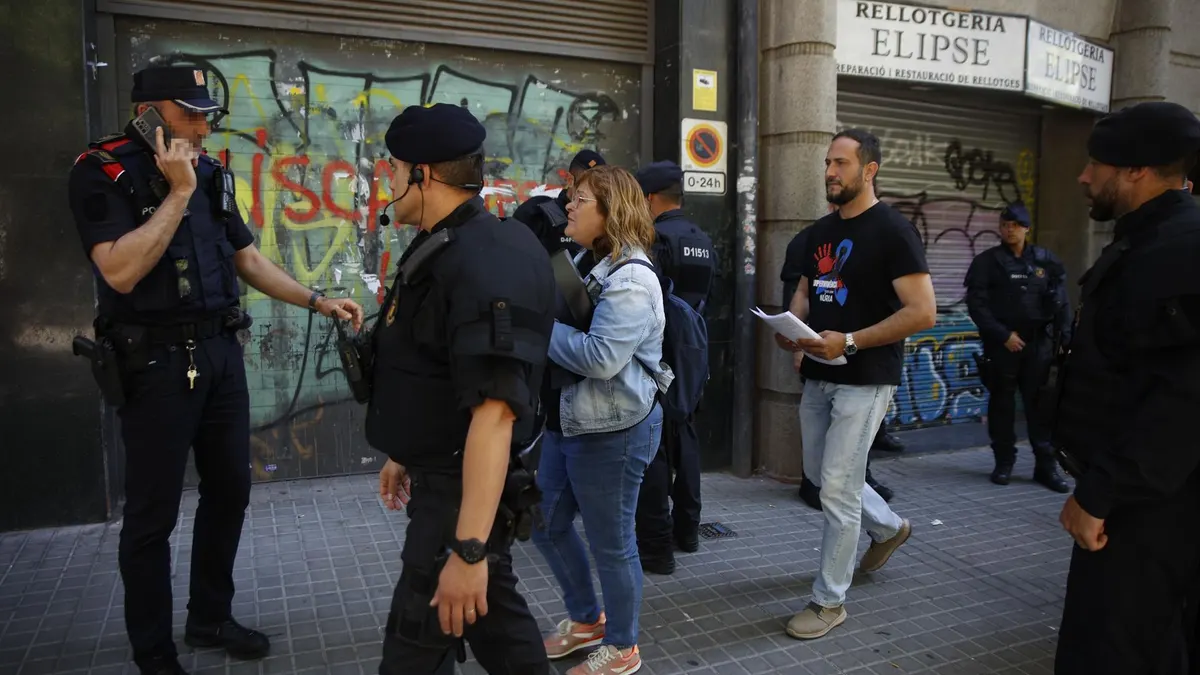I am so dismayed to learn how climate change is causing a decline in the loon population (“Goodnight, loon?” April 11.) Hearing the eerie call of loons on a summer night in northern Wisconsin is one of the delights of spending time there. Unfortunately, other bird species are also threatened by the impacts of climate change. According to the National Audubon Society, two-thirds of North American birds could face extinction due to the warming climate. It is tragic to think that future generations could miss out on the experience of hearing loons and watching for other birds coming through during the spring migration. Weather events such as heavy rains, floods, droughts, and heat waves diminish bird habitat and interfere with their ability to reproduce and find food. These events are also dangerous to people and their property.
We can take action to protect people, birds and other wildlife from the devastating impacts of climate change. As individuals, we can take steps to reduce our energy and water consumption. We can recycle, reduce food waste and plant native plants that benefit birds and wildlife. As a country, we need national effective policies to reduce the carbon emissions that contribute to climate change and speed up a responsible transition to clean energy. The good news is that legislation has been introduced to accelerate the transition to clean energy technologies. One piece of legislation is the Energy Innovation and Carbon Dividend Act, which has been re-introduced in the House of Representatives. The bill will collect a fee on carbon from fossil fuel companies and then distribute a carbon cash back payment to every American to spend without restrictions. A carbon fee and dividend policy is the single most powerful tool to reduce carbon emissions.
This plan will spur energy innovation, help low- and middle-income Americans afford the transition and save lives by restoring clean air across the country. Resources for the Future, an independent, nonprofit research institution in Washington, DC, calculates that a plan like the bill could cut carbon emissions by 52% below 2005 levels in eight years. If we care about leaving future generations with a livable world that includes loons and other birds, we need to keep the pressure on our elected officials to pass legislation that prioritizes the safe transition to clean energy technologies and a healthy environment for people and wildlife. We cannot give up. Please contact your representative to ask that they support the bill and other legislation to fight climate change.
— Sheila Brown, Evanston
No attention on officers
In 2014, Laquan McDonald, who didn’t have a gun, was shot (16 shots) and killed by Officer Jason Van Dyke.
In 2021, two Chicago police officers who didn’t have their guns drawn were shot by Emonte Morgan when they stopped him during a traffic stop. Officer Ella French was fatally shot and her partner, Officer Carlos Yanez, whose right eye had to be removed and who still has a bullet lodged in his head below his right ear, still suffers from maladies from being shot by Morgan.
In 2024, Dexter Reed was shot by police officers when he was stopped for a traffic violation and everyone is trying to make this into another tragedy like the Laquan McDonald murder. However, Reed fired at the officers first, shooting a police officer and prompting them to fire back. In an active shooting situation, when officers witness one of their own being shot down and the perpetrator continuing to shoot, those officers, who are fighting for their lives, don’t have time to have a meeting about how it should be handled. Reed turned this traffic stop into a whole different, violent incident.
After Officers French and Yanez were gunned down, can we understand why the police who stopped Reed reacted as they did? COPA Chief Administrator Andrea Kersten, responding to the 96 shots by the officers, has “grave concerns about the officers’ ability to assess what is a necessary, reasonable, and proportional use of deadly force”. What about the unnecessary, unreasonable force used by Reed when he fired eleven times and shot one of those police officers, instead of complying with the police officers’ order to roll down the car window? Why has there been so little attention in the media on the officer who was shot? (We don’t even know that officer’s name.) Was Reed’s shooting of this officer an inconvenient truth? Because of this sin of omission, often making police “the enemy,” many police have left the CPD, the remaining police are over-worked, and some have committed suicide.
Ever since the injustices of McDonald’s murder in Chicago, George Floyd being murdered by police in Minneapolis, and others, police everywhere have been put on notice. There has been reform in the CPD. With all the carjackings, murders, muggings, robberies, youths rioting downtown and felons being released too soon, Chicago police have their hands full. With no slowdown of all the crime occurring in Chicago, Chicagoans need police protection; however we don’t need police to go off the deep end, instead of serving and protecting. But we also need to see the whole picture and strive for balance in our response on both ends.
— Jean Scott, Chicago
Adrenaline and fear
I’ve read the accounts and editorials that have been written as of late and as a retired police lieutenant I am amazed that two factors have not been raised. They are human factors that every person has, which are adrenaline and fear. When a person is caught in a high-stress situation, adrenaline kicks in. Studies have shown that shooting accuracy has dropped off considerably when adrenaline kicks in. Again, when a person is in a situation where there is is a distinct possibly of being killed or injured, fear kicks in. This is called preservation. People on both sides of this issue question the amount of shots fired. Although it seems to be excessive, your judgment should be reserved until you place yourself in the same situation as the officers in the Dexter Reed shooting, which God willing you never will. I question why Reed, facing overwhelming force, would shoot at the police, wounding one. Another question I have is a shoot-don’t shoot situation. When should the police shoot? Only when an offender kills an officer? I hope to God not.
— Jerry Casserly, Northbrook
Republicans’ legacies
The Republicans in Congress and in state legislatures are opposing legislation that would greatly benefit us, the citizens of our country. They are passing laws which stifle, impede and are unjust to people of color and low-income earners. Apparently they are not concerned about their legacies because they are also in the process of rewriting history-eliminating facts or replacing them with fabrications. As I write, Republicans are obstructing military aid to a besieged democratic country, Ukraine. Without provocation, Russia waged war against Ukraine two years ago for the sole purpose of occupying it. Republicans claim to be deeply religious. How will a higher authority judge them when untold numbers of Ukrainians are slaughtered? This will be their legacy!
— Sam Solomon, Deerfield
Israel has precision weapons
Being that the Israelis have precision weapons that can target a single building in Damascus, as they did at the Iranian consulate, or a weapon that can target an individual car carrying the sons and grandchildren of a Hamas leader, why is it necessary for them to drop 2,000 pound bombs in civilian neighborhoods?
Cease fire now!
— Frank W. Tedesso, Harwood Heights
Submit a letter to the editor, of no more than 400 words, by emailing letters@chicagotribune.com. To review our criteria, click here.




